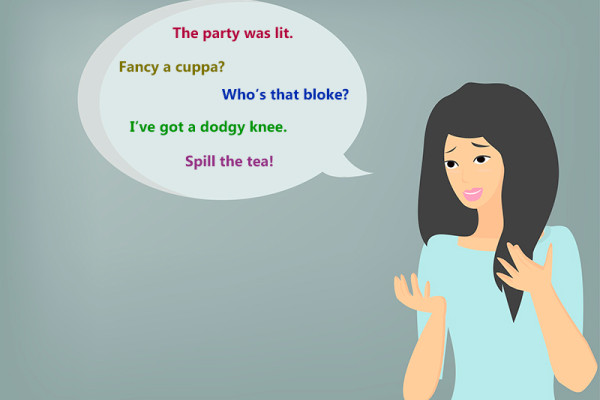Phrasal verbs related to daily routines

Learning English implicates acquiring vocabulary and studying grammatical structures that help us to form sentences and so, to communicate in a coherent fluency in this language.
However, this is not sufficient. English, like all other languages in the world, is formed by expressions and structures used colloquially which often don't follow the same logic as our mother tongue.
In the case of phrasal verbs, verbs that alone have one or more meanings and then, by adding a preposition or an adverb, can have their meanings altered or modified.
The choice of the adverb or preposition does not follow any established rule that we can use, though in certain cases there is some logic. Therefore, we have to learn them as if they were another addition to our vocabulary.
We have dealt with phrasal verbs in other articles that you can find on our blog. On this occasion we are concentrating on those related to our daily routine.
Let's imagine a day in the life of María. The alarm clock goes off, she wakes up, and although she would like to lie in/sleep in longer, she has to get up. She takes off her pyjamas and picks out the clothes that she wants to put on. She goes directly to the kitchen to have a coffee to perk up. After a quick breakfast she dashes off to work, dropping the children off at school on her way.
After work, she picks up her children from school and takes them to the after school activities. While they are occupied she takes the opportunity to go to the gym to work out.
When she gets home she does a bit of housework and starts to prepare the supper before the children get in. She also prepares the food for the following day so that when she gets home all she has to do is warm it up.
When the children arrive, María sends them to tidy up their rooms. After supper the children help their mother to wash up. Then they turn the TV on to watch their favourite programme. Meanwhile María uses the time to look through her emails and then tries to organize the following day trying to squeeze in an appointment at the hairdresser's.
It's time to send the kids to bed, once they are asleep, she lies down on the sofa and watches her favourite serial. As she is tired she can't help dozing off. Later she wakes up, turns off the telly and goes to bed.
On Fridays María leaves the children with their grandparents and she goes out. Usually she meets up with her friends and they eat out or go to the cinema.
Here you have an example of the usage of some phrasal verbs related those activities usually done on any given day.
If you know other phrasal verbs related to daily routines, don't hesitate to put them in the comments.
Artículos relacionados
Comment















